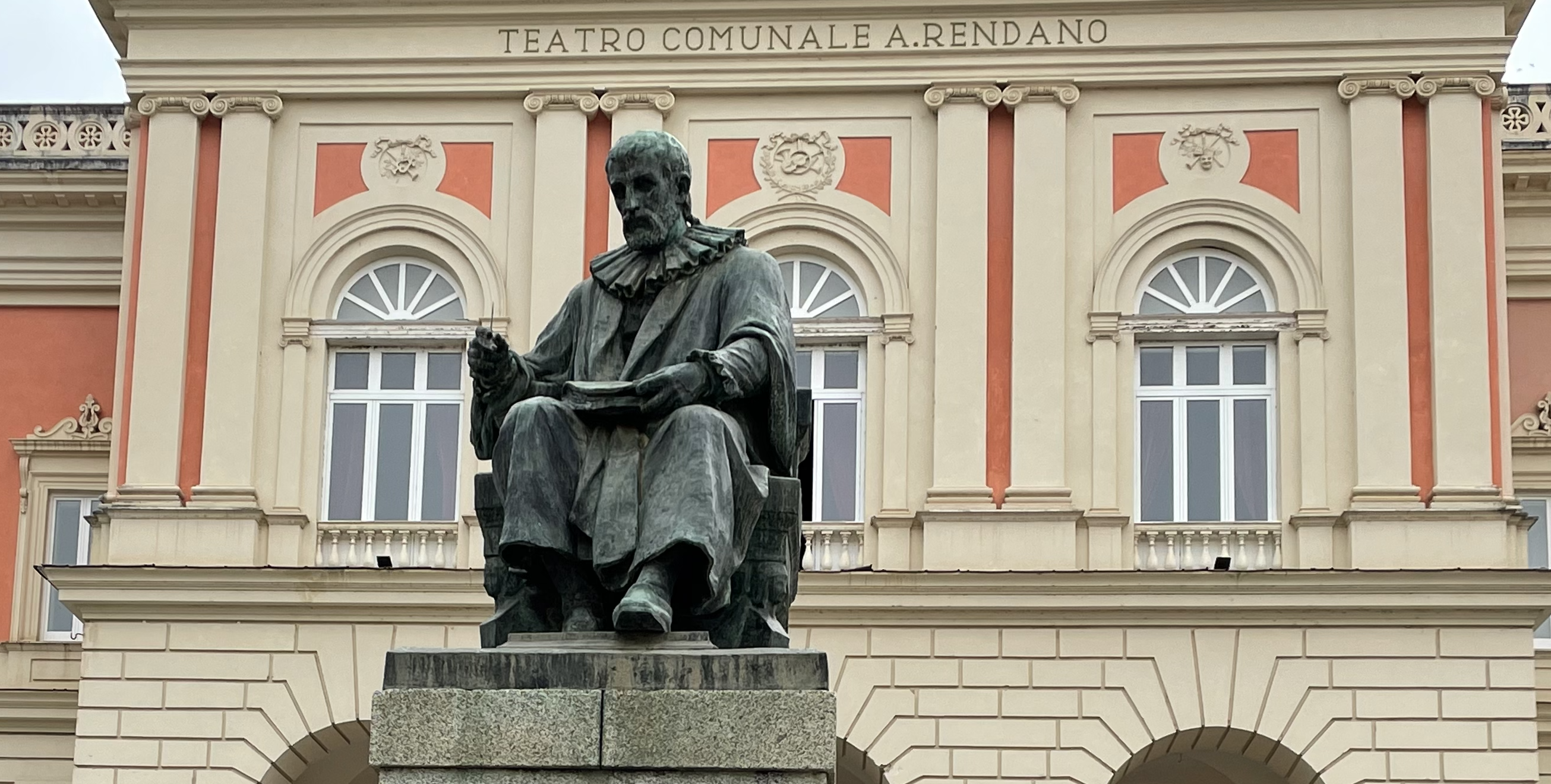Following the creation of the Sebastian P. and Marybelle Musco Chair in Italian Studies, and the Musco Endowment for Travel Courses in Italian Studies, Dr. Daniele C. Struppa, 13th president of Chapman University, created a $1 million legacy gift to establish a new endowed professorship in Chapman University. This ensured an even stronger future for the study of Italian language and culture at Chapman University.
In an article published when the legacy gift was established, Dr. Struppa underscored his love for Italian culture: “I still believe that everything I have achieved in my life has been due to my parents and to the kind of education that I received in Italy – an education based on hard, consistent work, and that even hundreds of years later, still displays its connection with the great Italian humanists of the 14th, 15th and 16th centuries. It is this legacy that I intend to honor with my gift” (read the full article).
While Dr. Struppa was a professor of geometry at the University of Calabria, he co-founded the International Association Bernardino Telesio, which was devoted to the internationalization of research carried out at the University of Calabria. “Now, after so much time, I still remain indebted to Calabria for giving me the happiest of my years, and for allowing me to learn from its great minds,” Struppa said. “Among those minds Telesio has remained an inspiration that still guides me in my scholarly reflections.”
The professorship is named after Bernardino Telesio, a 16th-century philosopher from Cosenza, in Calabria whose principal work, De rerum natura iuxta propria principia (“On the Nature of Things according to their Own Principles,” 1586), had a significant influence on thinkers like Tommaso Campanella, Giordano Bruno, Francis Bacon, and Thomas Hobbes. In exploring the fertile relationship between sensorial experience and knowledge production, Bernardino Telesio’s work constantly reminds us of the vital role that experience plays in the evolution of ideas and of their unifying source across different fields of inquiry. Indeed, the Telesio Professorship symbolizes the humanistic roots of the Ferrucci Institute and its ambition to favor interdisciplinary exchanges around universal experiences.
 Telesio’s statue in front of Teatro Comunale Rendelli in the center of old town Cosenza.
Telesio’s statue in front of Teatro Comunale Rendelli in the center of old town Cosenza.